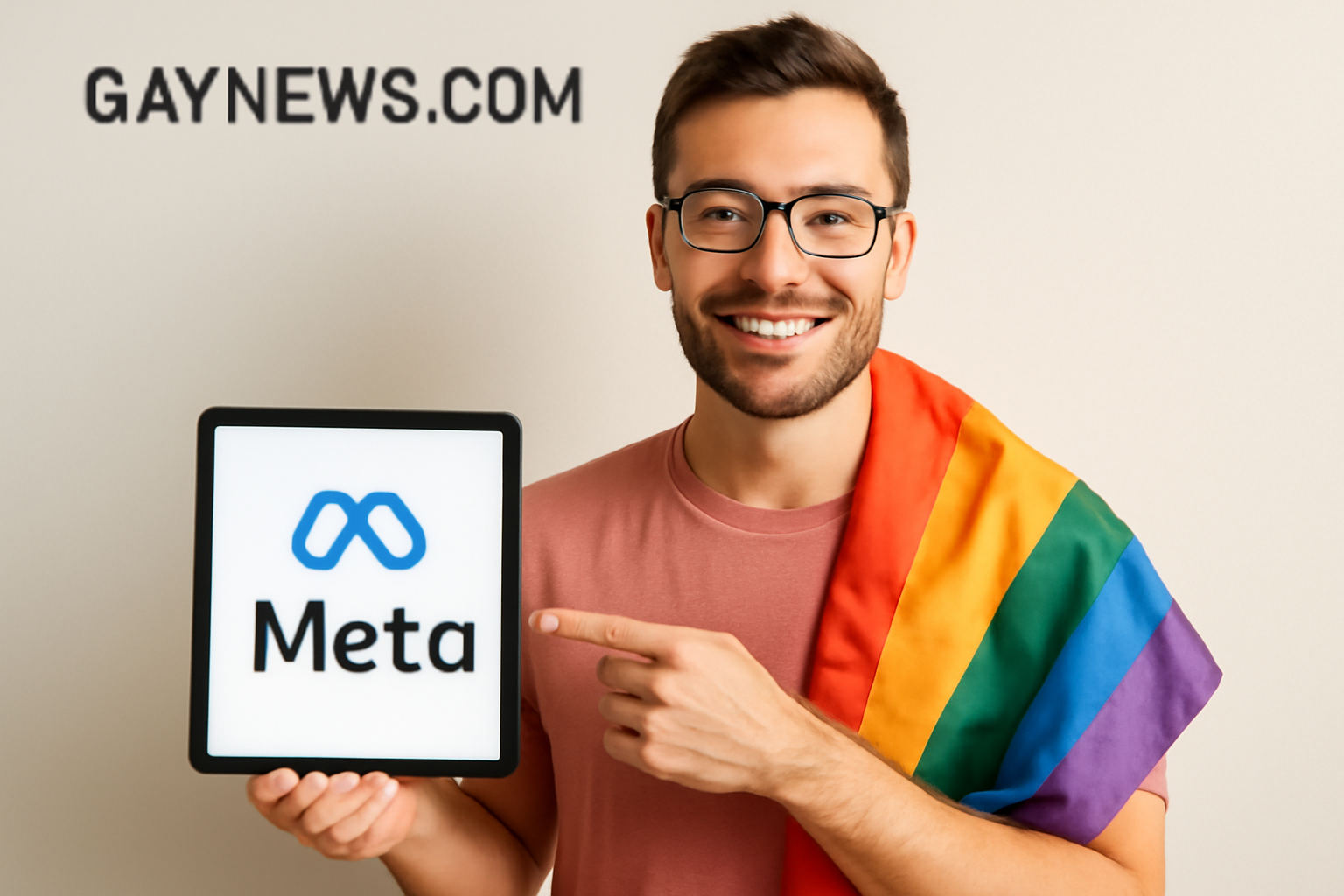
As social networks evolve, the guidelines and rules that govern them often change, influencing how communities interact within these digital spaces. Meta, which oversees platforms like Facebook and Instagram, has recently updated its rules, impacting all users, including the LGBTQ+ community. This article explores these new changes and what they mean for LGBTQ+ individuals and groups who actively engage online.
Understanding the Changes in Meta's Policies
Meta's new rules aim to enhance user safety and promote positive interactions. A significant focus is on reducing hate speech, misinformation, and harassment, particularly targeting minority groups. For the LGBTQ+ community, these changes could have profound implications. The rules are designed to foster a more inclusive environment, ensuring that LGBTQ+ voices are protected and respected in online discussions.
One key update involves stricter measures against hate speech. Meta has expanded its definition to cover more expressions of hate and has intensified its efforts to remove offensive content swiftly. This is particularly significant for LGBTQ+ users, who have historically been targets of online abuse. By implementing these changes, Meta is taking steps to create a space where LGBTQ+ people can express themselves without fear of harassment.
Impact on Community Engagement
The new guidelines also affect how community groups can operate on platforms like Facebook. For LGBTQ+ advocacy groups, these rules provide a framework to engage more safely and effectively with their audiences. Enhanced tools for moderating discussions mean that group admins can better manage conversations, ensuring that they remain respectful and productive.
Meta's commitment to transparency in its community standards is another positive step. By clearly outlining what is and isn't allowed on their platforms, users can engage with a more informed perspective. For LGBTQ+ communities, this transparency means they can better navigate discussions around sensitive topics, knowing the boundaries that protect their rights to free expression while maintaining respect for all users.
Navigating Content Moderation
Content moderation has always been a challenging area, especially when it involves balancing free expression with the need to prevent harm. For LGBTQ+ content creators, understanding these new rules is crucial. Meta is now employing more advanced algorithms and AI tools to detect and remove harmful content. This means that posts deemed inappropriate by Meta's standards could be flagged or removed more quickly.
Content creators should familiarize themselves with these guidelines to avoid unintentional rule violations. This includes understanding what type of language could potentially be considered harmful or offensive, even if it is not intended as such. By adhering to these guidelines, LGBTQ+ creators can ensure their contributions remain visible and accessible to their audiences.
The Role of User Feedback
Meta's new rules also emphasize the importance of user feedback in shaping platform policies. LGBTQ+ users are encouraged to play an active role by reporting any content that violates community standards. This participatory approach allows users to help create a safer environment by identifying and flagging harmful content.
Engagement doesn't stop at reporting; users can also provide feedback on their experiences with content moderation. This feedback is invaluable in helping Meta refine and improve its systems, ensuring that they address the specific needs and concerns of the LGBTQ+ community more effectively.
Looking Forward
The evolution of Meta's rules signifies a continued effort to create platforms that are inclusive and respectful for all users. For the LGBTQ+ community, these changes come as a welcome development, promising safer and more supportive online spaces. While challenges remain, the updated guidelines are a step in the right direction, fostering an environment where everyone can share their voices freely and safely.
As these rules are implemented, it is essential for LGBTQ+ individuals and groups to stay informed about how they affect their online interactions. By engaging with these guidelines constructively, the community can help shape a digital space that reflects its values of diversity, inclusion, and respect for all.
Related Posts
Triumphant Trans Woman Wins Legal Battle and Inspires Others to Stand Up for Their Rights
Breaking new ground: a landmark victory in transgender rights After battling in courtrooms and enduring endless challenges, Diana Portillo, a transgender woman, has secured a monumental victory in her decade-long fight against workplace discrimination. The result? Nearly $1 million awarded in a historic settlement. But this isn't just a win on paper—it represents a powerful precedent in combati [...]
Pride Month in Latin America: Protests and Demands for Equality
**Celebrating Pride and advocating LGBTQ+ rights in Latin America** Pride Month in Latin America was a lively mix where celebration met activism. Communities united, not just throwing a party but making a stand—demanding equality and pushing governments toward better protection and rights recognition. Throughout Latin America, pride events erupted in marches and cultural displays, each with a c [...]
Transgender Erasure Actions Implemented by National Park Service
```html Trump administration's impact on national park service and transgender recognition The Trump administration made notable moves in undermining transgender representation, which included directing agencies like National Park Service not include "T" and "Q" when they refered “LGBTQ” in any official communication. This move seems part a broader plan by this administration aimed at reducin [...]